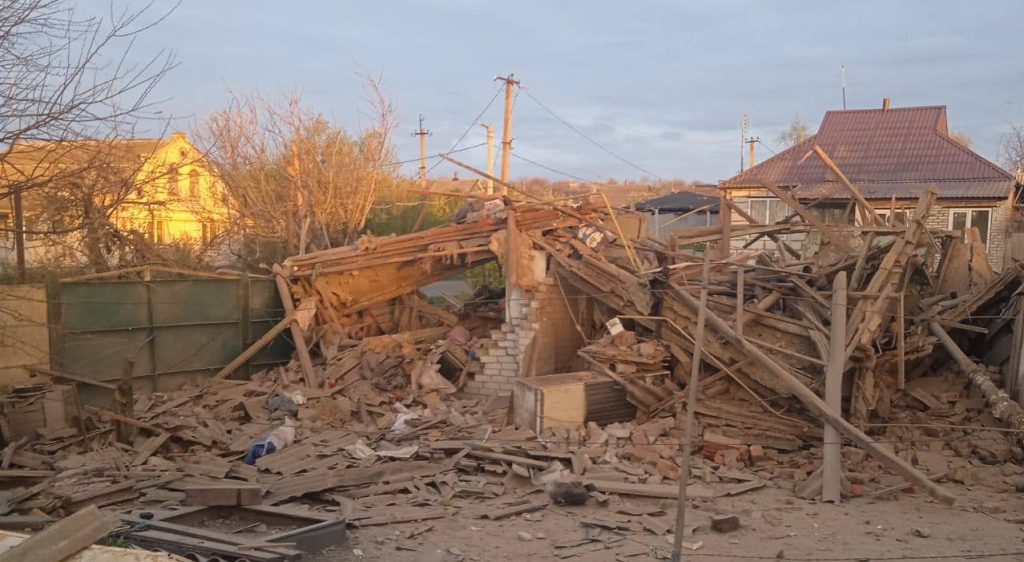The Financial Times reported on April 13 that Russian forces may be gearing up for a large-scale offensive in Ukraine, with a focus on capturing more land in the Donetsk, Kherson, Luhansk, and Zaporizhzhia oblasts. This information comes from unnamed Ukrainian and Western officials, raising concerns about a potential escalation of the conflict in the region.
The possibility of a Russian offensive in late spring or summer has sparked fears of increased violence and instability in Ukraine. The ongoing conflict between Ukrainian forces and Russian-backed separatists has already resulted in thousands of deaths and displaced a significant number of civilians. A potential large-scale offensive could further exacerbate the humanitarian crisis in the region.
The report has prompted concerns about the intentions of the Russian government and its commitment to upholding the ceasefire agreements that have been reached in the past. The situation in Ukraine remains volatile, and any escalation of hostilities could have far-reaching consequences for the region and beyond. It is crucial for international actors to closely monitor developments and work towards a peaceful resolution of the conflict.
The prospect of a Russian offensive in Ukraine also raises questions about the effectiveness of diplomatic efforts to de-escalate tensions and find a lasting solution to the conflict. The Minsk agreements, which were designed to bring an end to the fighting in eastern Ukraine, have yet to be fully implemented. The international community must continue to engage with all parties involved to prevent further violence and ensure the protection of civilians.
There is growing concern about the potential impact of a large-scale Russian offensive on the security and stability of Europe as a whole. Any escalation of the conflict in Ukraine could have wide-ranging implications for the region, including relationships between Russia and Western countries. It is imperative for all stakeholders to work towards de-escalation and finding a peaceful resolution to the ongoing crisis.
As the situation continues to evolve, it is essential for the international community to remain vigilant and actively support efforts to prevent a further deterioration of the conflict in Ukraine. Diplomatic channels must remain open, and all parties involved must adhere to the ceasefire agreements and work towards a sustainable peace. The stakes are high, and it is crucial for all actors to prioritize the protection of civilians and the maintenance of peace and stability in the region.















